Memoriam Dev Diary #1: Why Polishing Your Game Matters
Originally published on: The Snitchy Devblog
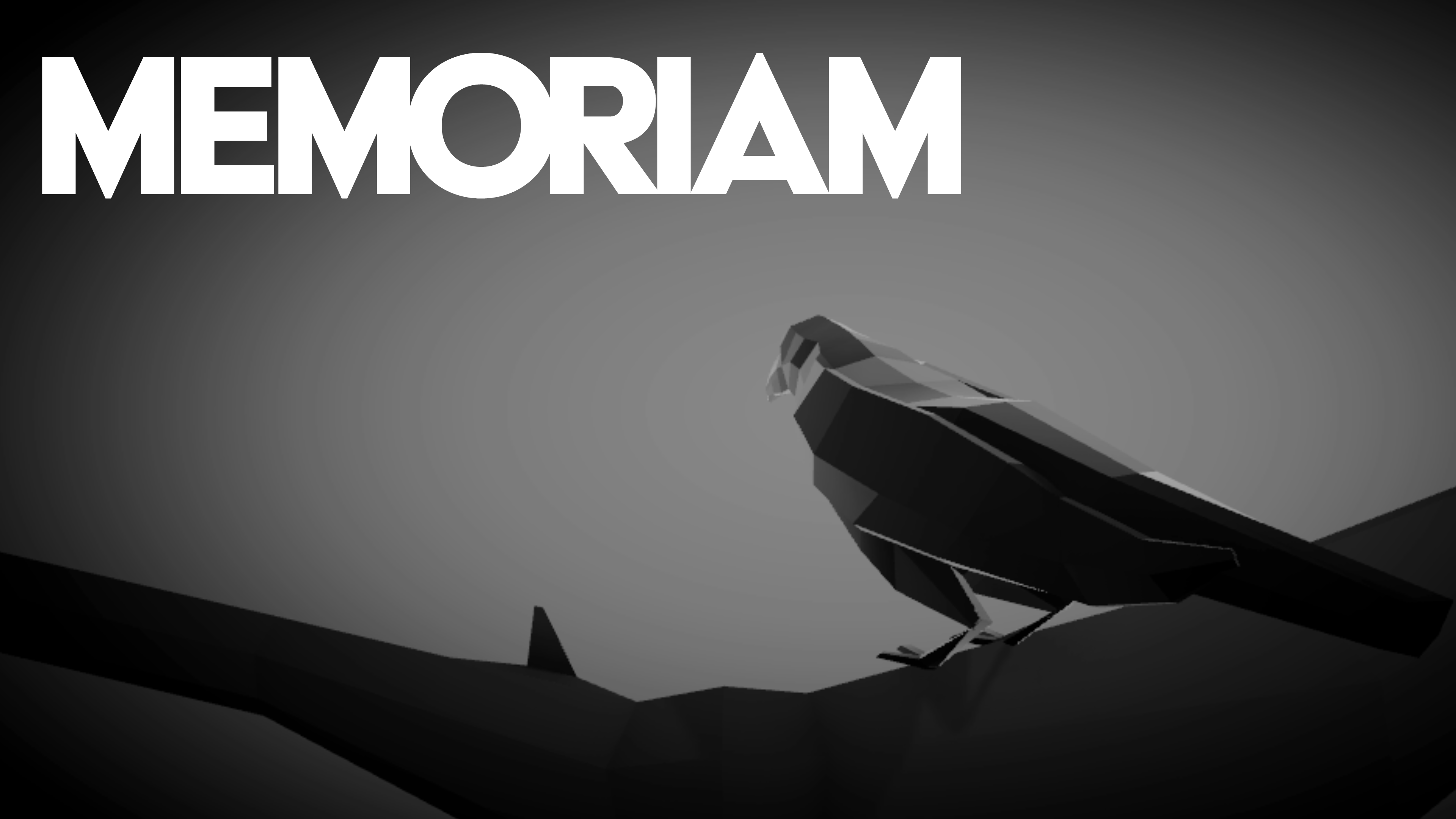
I recently participated in Brackeys Game Jam 2023.2 together with a team of strangers I met through the event’s Discord server. In less than 6 days, we created the fun, emotionally impactful, and beautiful game Memoriam, despite joining late and never having worked together before. The team spanned 4 different time zones, many different ages and countries, and varying levels of experience, from high schooler to young working professional.
Game Ranking and Feedback
The game ended up ranking 56th out of 930+ games (a number that has decreased as entries have pulled out), 17th in Audio, 51st in Graphics, and 64th in Game Design.
It was also the 6th Most Rated game of the jam despite not having a Web build during the competition, and has received an abundance of overwhelmingly positive feedback.
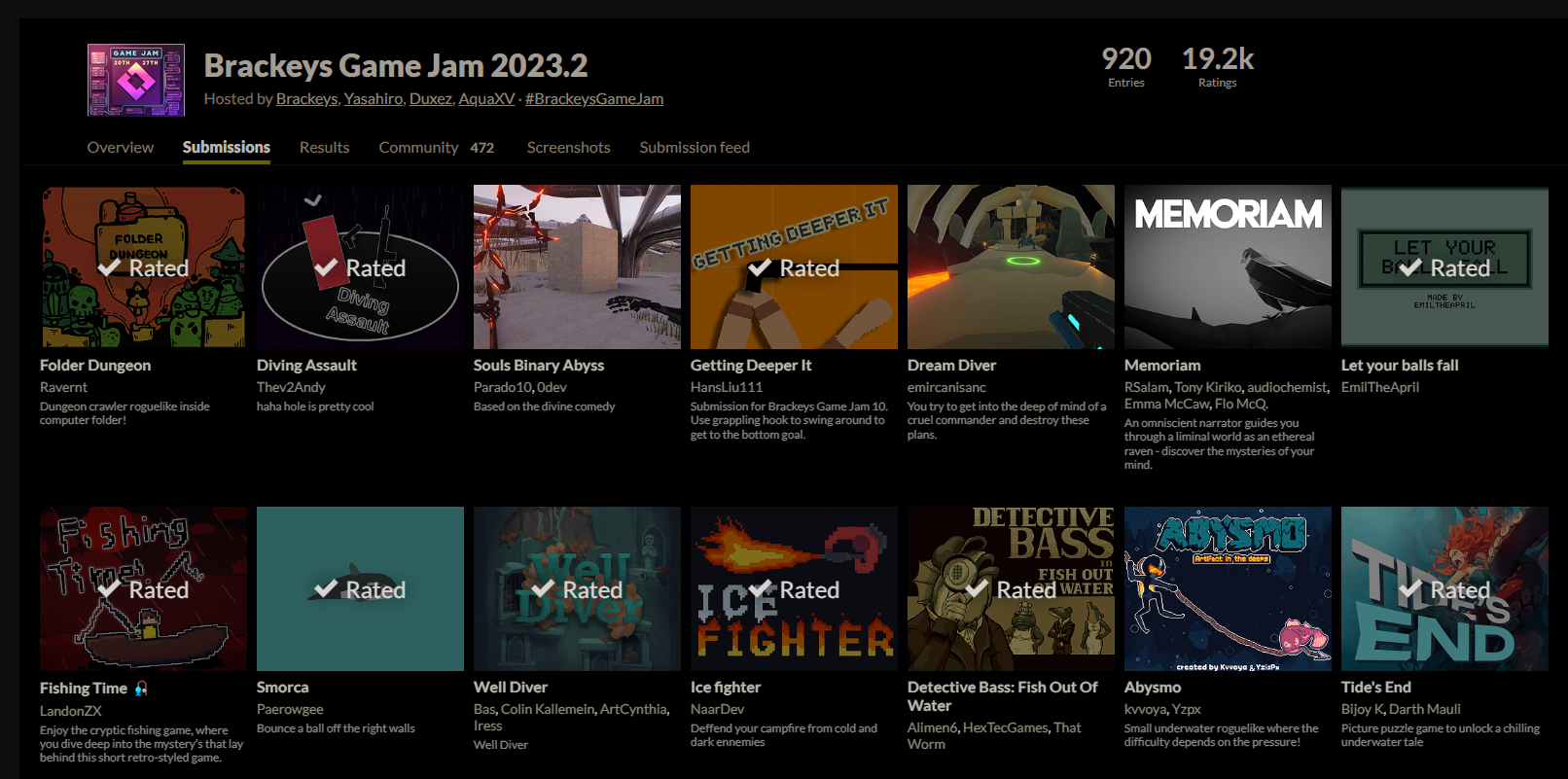
Memoriam is an ‘extremely polished’ game
Most importantly when it comes to the topic of this Dev Diary, the game was not only praised for being thought-provoking and well-designed when taking into account the short development timeframe, but it was consistently praised for its very polished look and feel.
Here are a few of the almost 200 comments on our page:
This Dev Diary will cover why polishing your game is a good idea.





Why Polish Matters
Before diving into the polish process itself, let’s talk about why it even matters. Here are some basic bullet points that are further developed below:
- More people will play your game if it gives off a good first impression
- First impressions are often visual or based off of a feeling or ‘gut instinct’
- Details matter, and it’s one way of distinguishing amateur-made products from expert-made products
- A polished look and feel can contribute to immersion and decrease player frustration
- Games should be fun, immersive, and playable – and therefore not overly frustrating
- In sum, polishing your game will make it: appealing, intriguing, beautiful, professional, and enjoyable to play
Keep reading below, or skip ahead to Dev Diary #2 to read about how we achieved our level of polish.
Looks matter and so do first impressions
Ranking 51st in Graphics, one of the features players enjoyed most about Memoriam was the polished ‘look’, or, beautiful and consistent art style and direction. We hear it all the time ‘Don’t judge a book by it’s cover’ – unfortunately, this advice is rarely put into practice. We judge an online product by its reviews, a film by its trailer, a tinder profile by its pictures, a job candidate by their LinkedIn. People tend to make snap judgements and our attention spans are short. You might not even make it to the end of this article. So, why would judging a game be any different, especially when its been submitted to a contest where you’re encouraged to rate more than 900 other games? Princeton psychologists Janine Willis and Alexander Todorov conducted a study in which they revealed that it takes only a tenth of a second to judge a stranger based on their face. Concentrating on your game’s look can get you a long way, and, vitally, can get you past the critical first impressions barrier.
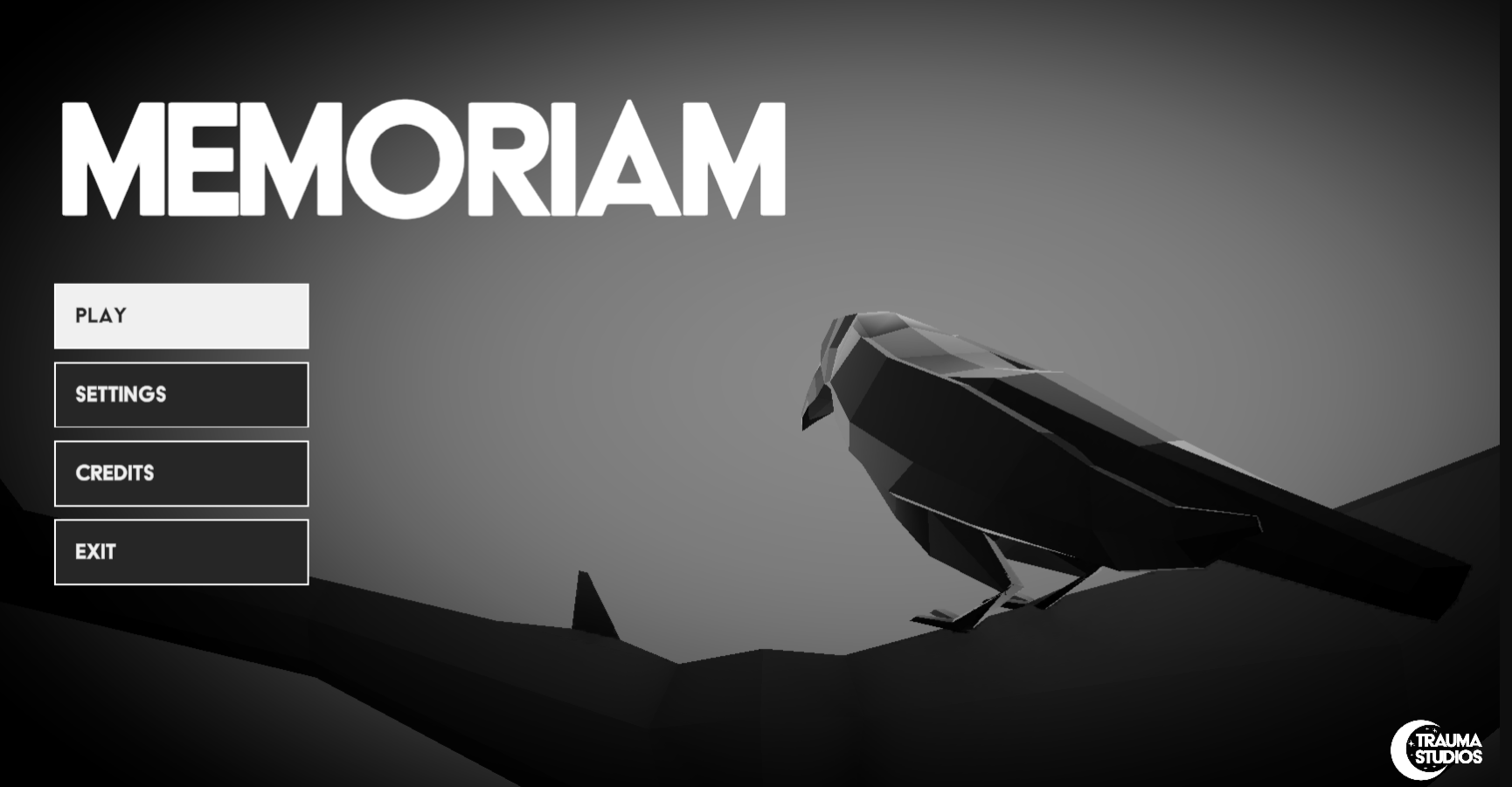
Memoriam’s main menu, a display of consistent, timeless, accessible, and visually appealing UI.
When it feels just right
Of course, a polished game isn’t just about visuals, it’s also about how smoothly the game runs, how coherent the story is, if the playthrough is balanced and makes sense, if the level design guides the eye intentionally and its characteristics are designed with purpose, if the text is typo-free, if the UI is consistent throughout. Can I make sense of what’s going on, can I identify a good pattern, and is it all visually appealing on top of that too? If you can answer yes to those questions, then you’ve probably made a polished game.
Games should be fun
Polish is also part of the ‘enjoyment factor’ of entertainment. The best and most entertaining shows or games, I’d argue, are polished: coherent, studied, intentional, detail-oriented. If the goal of your game is for others to enjoy themselves or even have fun, then polishing your game is part of respecting that goal. Add to this that the opposite of ‘polished’, which might be ‘messy’, is not particularly fun: it’s not fun to be confused for too long in a playthrough if a state of confusion is not an intentional and well-executed gameplay pillar, it’s not fun to look at a misaligned menu, to read an unintelligible tutorial, to not know what the controls are, or to be hindered by bugs.
Immersion and world-building
A seamless experience also matters because messiness can scale back immersion, from ‘I’m the character’ to ‘I’m the player’, for example. So when you play a game and notice a bug or feel frustrated due to a lack of polish, chances are you’re feeling annoyed as yourself and not as ‘Zera The Great’ for example. Yet, the goal of playing this game in the first place was maybe to lose yourself in a character and step away from the worries of real-life. Focusing on polish will help game-makers maintain immersion so that players stay entertained and focused on their own fun.
And, it almost goes without saying that polishing a game can take world-building from ‘great’ to ‘awesome’. It’s the difference between a blank wall in a hospital level, and a vast pinboard full of patient names, flyers, easter eggs, and other diegetic content.
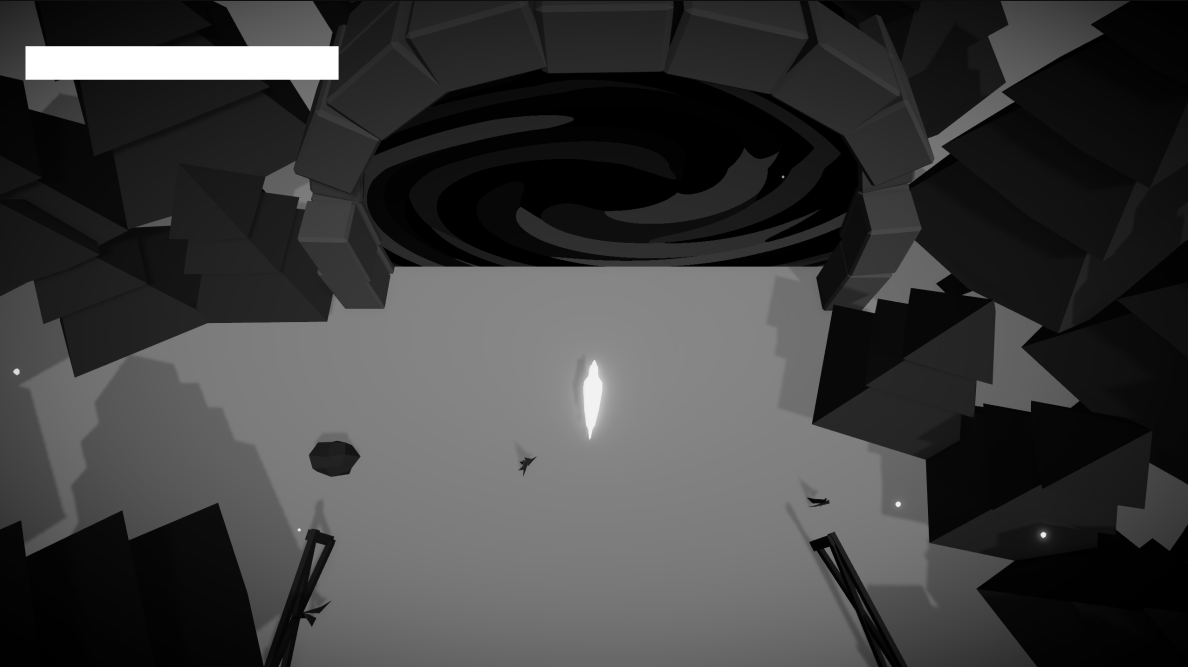
Memoriam’s tutorial level, a display of a harmonised art style and polished look.
Caveat: Personal goals, resources, and privilege
Every game developer is different from the next, as is every team composition for a game jam or indie game. Expecting the same level of polish from a first-time solo dev as you would for a pre-made team with experience is unfair and illogical. It’s worth mentioning that our team composition for Brackeys Game Jam 2023.2 included, for example, a composer, a teacher, and a professional game writer, and that a polished product was an intentional and shared goal we were committed to. Overall, every person was also hyper committed to the cause. Having the ability to recognise who is accomplishing what and in what kind of timeframe and with what resources is valuable and necessary. This is where I’d suggest judging the book by its author(s) and adjusting feedback and expectations accordingly.
by Flo McQuibban
Get Memoriam
Memoriam
An omniscient narrator guides you through a liminal world as an ethereal raven - discover the mysteries of your mind.
| Status | Released |
| Authors | RSalam, tonythedanker, audiochemist, Emma McCaw, Flo McQ. |
| Genre | Adventure, Shooter |
| Tags | 3D, accessible, Action-Adventure, Atmospheric, Low-poly, Music, Short, Singleplayer, Story Rich |
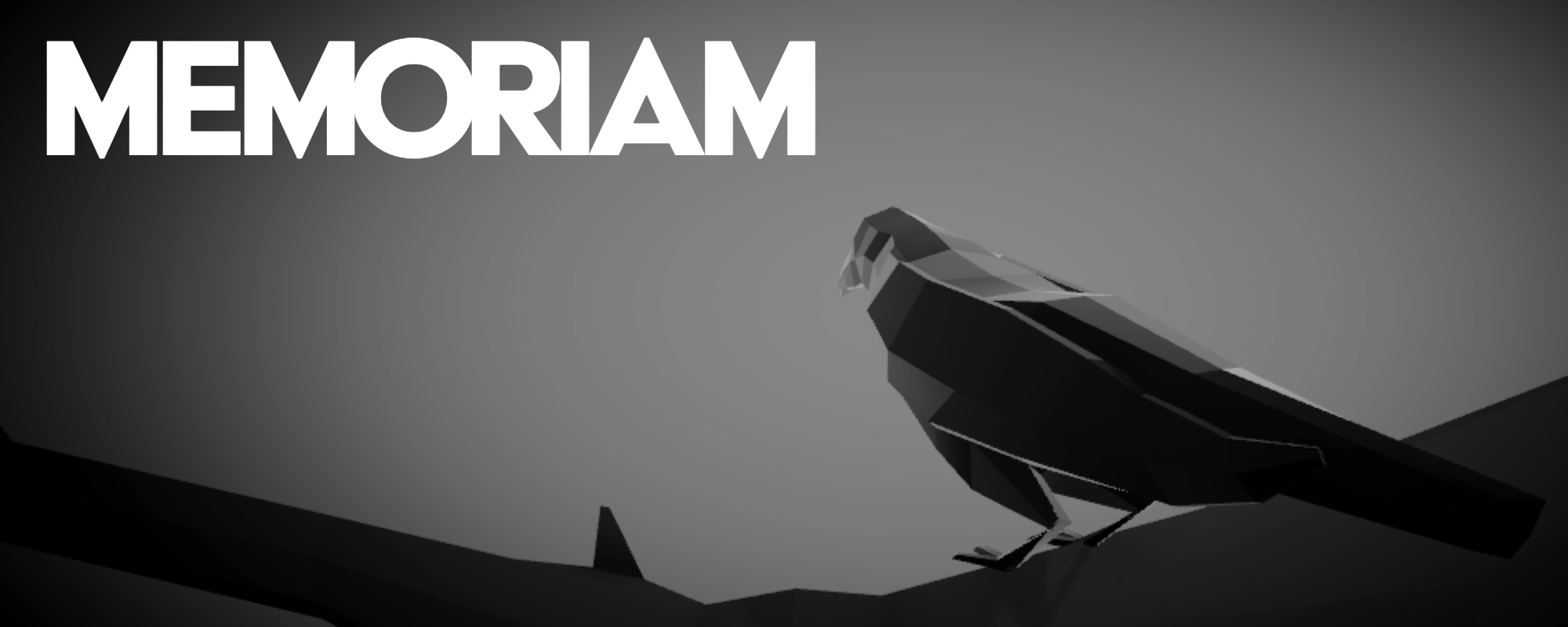


Leave a comment
Log in with itch.io to leave a comment.